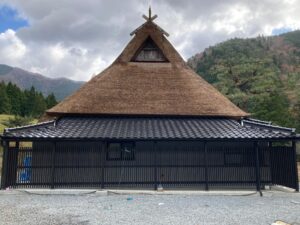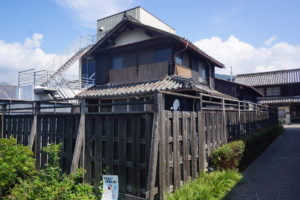
Understanding the Differences in Choosing Residential (for living)
vs. Investment Properties in Japan: A Guide to Successful Real Estate Decisions
Overview:
This article delves into the differences in approach when selecting residential (for living) and investment properties in Japan’s real estate market.
It covers crucial aspects such as bank loan conditions, taxes, methods of gathering property information,
the various types of investment properties and their market characteristics, how to choose the right real estate agency, and exit strategies.
By addressing these topics, the article provides specific steps and tips for making successful property choices, regardless of the buyer’s goals.
Differences in Purpose and Selection Criteria:
For residential properties(for living), the primary focus is on ensuring comfort and convenience for yourself and your family.
Factors such as location, environment, and proximity to essential amenities are prioritized.
In contrast, investment properties prioritize profitability, with the main criteria being the future potential of the area, rental market trends,
and the resale value of the property.
Investors do not live in these properties, so they must make objective, rational decisions as investors.
Read more














